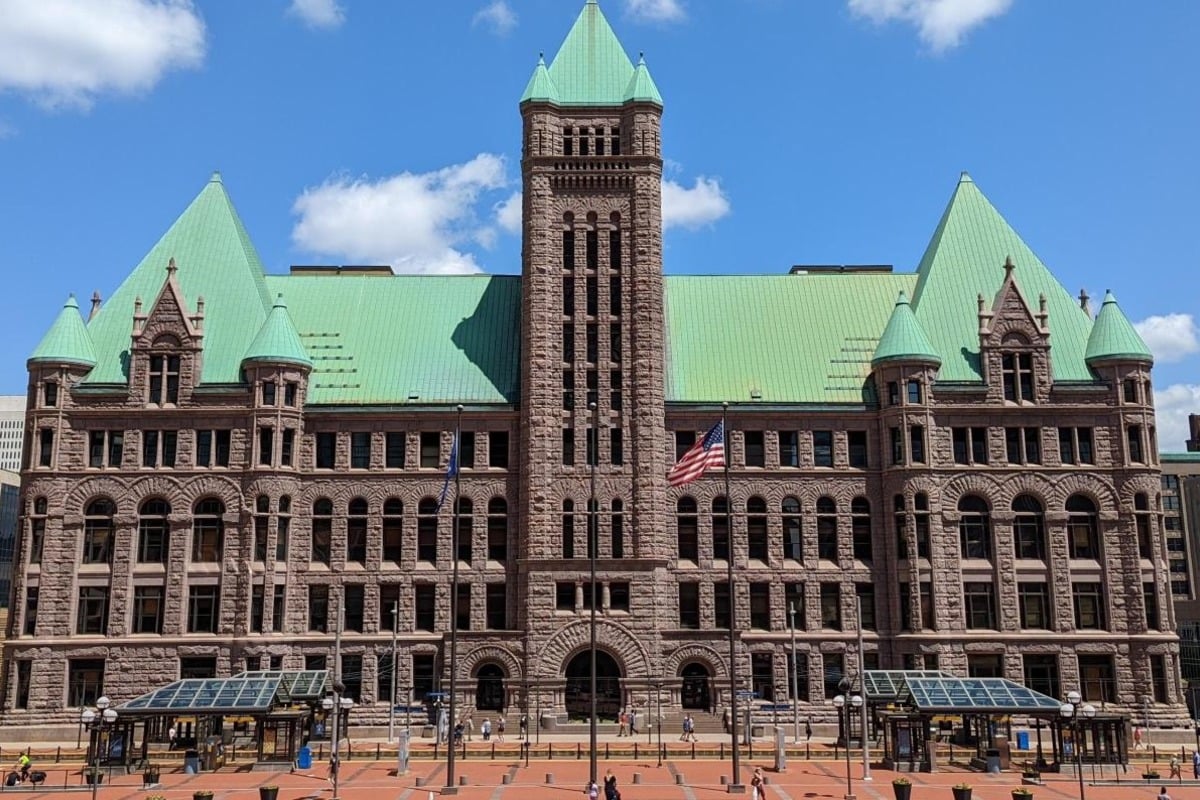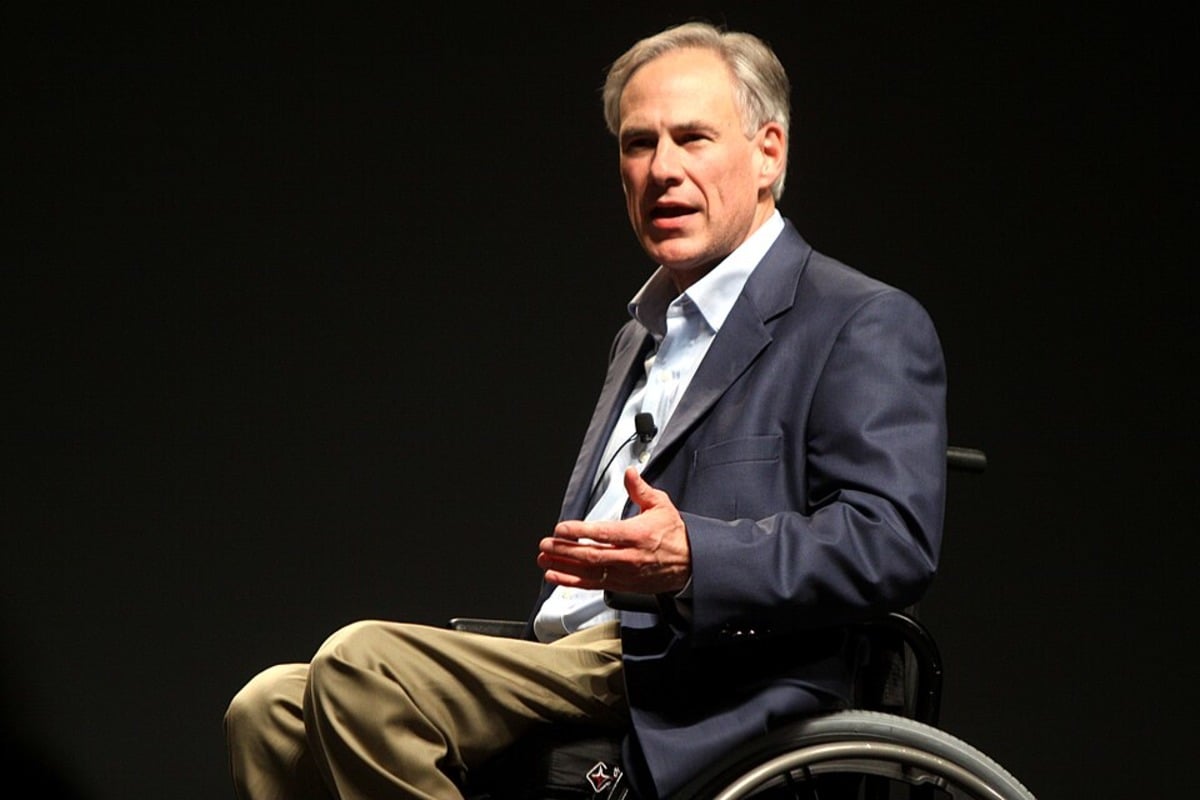UPDATE: Minneapolis has just cleared all pending police misconduct cases, addressing a backlog of 234 cases that had remained unresolved since May 23, 2024. The Office of Police Conduct Review (OPCR) announced this significant milestone today, marking a critical step in the city’s ongoing efforts to enhance police accountability and transparency.
This development comes amid heightened scrutiny of the Minneapolis Police Department, particularly following incidents that have raised questions about oversight. Mayor Jacob Frey emphasized the importance of this achievement, stating, “You can’t rebuild trust without accountability — and that’s exactly what this milestone represents.” His remarks reflect the city’s commitment to restoring community confidence in its policing practices.
The OPCR has worked diligently to resolve the backlog through strategic measures, including an increase in staffing and restructuring of internal processes. Director Russell Fujisawa noted the addition of 12 new hires to bolster their investigative capabilities. “This accomplishment represents a significant step forward for our office and reflects the diligence, professionalism, and integrity of our investigators and staff,” Fujisawa stated.
Interim Civil Rights Director Kaela McConnon Diarra expressed her gratitude for the OPCR’s efforts, highlighting that with the backlog resolved, the office can now focus on more recent complaints. “With investigative work on the case backlog complete, the Office can prioritize more recent police misconduct complaints and implement shorter investigative timeliness,” McConnon Diarra said.
The clearance of these cases is crucial for maintaining the integrity of the city’s police oversight system. However, the cases are not yet fully resolved; they will undergo further reviews, including assessments by a panel and a final decision by the Chief of Police. This layered approach underscores Minneapolis’ commitment to thorough police accountability.
The city has also pledged to prevent future backlogs, promising a more responsive system going forward. The complexities that led to the previous backlog included a surge in complaints and shifts in leadership and staffing.
Community engagement remains a priority for the Civil Rights Department, which is focused on making the oversight process accessible. Residents are encouraged to report concerns and participate actively in the accountability process.
As Minneapolis moves forward, the city’s efforts will be closely monitored, with residents hopeful for a more accountable police force. This development not only impacts the local community but also serves as a potential model for other cities grappling with similar issues of police misconduct.
Stay tuned for updates as Minneapolis continues on its path toward improved police accountability and community trust.







